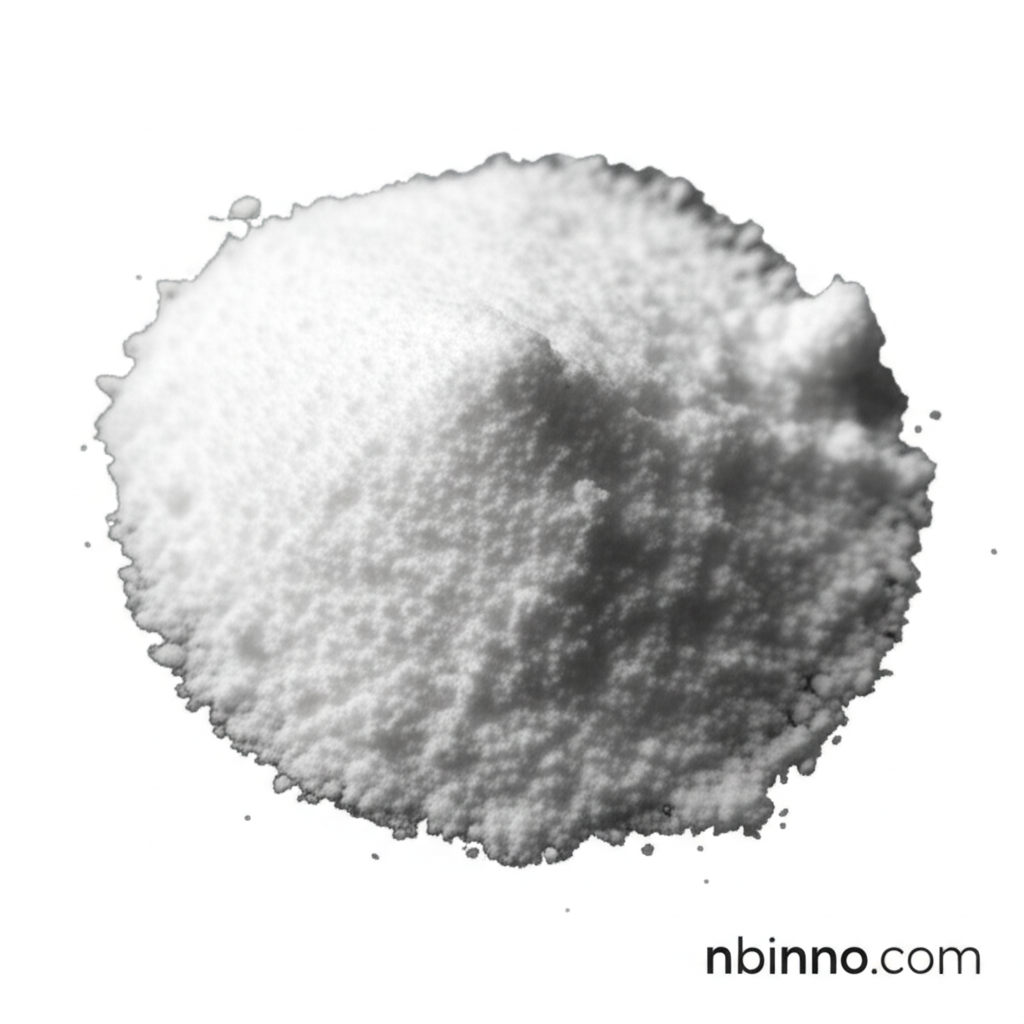Binimetinib: A Targeted Approach to Cancer Treatment
Discover the power of selective MEK1/2 inhibition for advanced cancers.
Get a Quote & SampleProduct Core Value

Binimetinib
Binimetinib is a highly selective oral inhibitor of MEK1/2 kinases, a critical component of the MAPK signaling pathway. Its efficacy in treating cancers with specific genetic mutations, such as BRAF V600E/K, has established it as a vital agent in targeted oncology.
- Explore the mechanism of action of Binimetinib as a MEK1/2 inhibitor, crucial for understanding targeted cancer therapy.
- Learn about the development history and clinical trials of Binimetinib, a key player in BRAF mutation melanoma treatment.
- Understand how Binimetinib is used in combination therapies for metastatic melanoma and NSCLC BRAF V600E treatment.
- Investigate the role of this Oncology API in inhibiting tumor cell proliferation and its contribution to anti-cancer activity.
Key Advantages
Selective Kinase Inhibition
Binimetinib offers precise targeting of MEK1/2 kinases, leading to more effective outcomes in specific cancer types, as detailed in research on MEK1/2 kinase inhibitor mechanisms.
Oral Administration
Convenient oral administration enhances patient compliance and accessibility, making Binimetinib a practical option for long-term cancer management.
Broad Application Spectrum
Effective in treating various cancers, including metastatic melanoma and NSCLC, particularly those with BRAF mutations, underscoring its role in Oncology API advancements.
Key Applications
Metastatic Melanoma
Binimetinib is instrumental in treating metastatic melanoma with BRAF V600E/K mutations, offering new hope where traditional therapies fall short, aligning with advancements in BRAF mutation cancer treatment.
NSCLC Treatment
Its application extends to non-small cell lung cancer (NSCLC) with BRAF V600E mutations, often used in conjunction with other agents to improve patient outcomes in NSCLC BRAF V600E treatment.
Targeted Cancer Therapy
As a leading MEK inhibitor, Binimetinib exemplifies the success of targeted cancer therapy by focusing on specific molecular pathways driving tumor growth.
Oncology API Development
This compound is a significant Active Pharmaceutical Ingredient (API) in the field of oncology, driving innovation in the development of next-generation cancer drugs.
